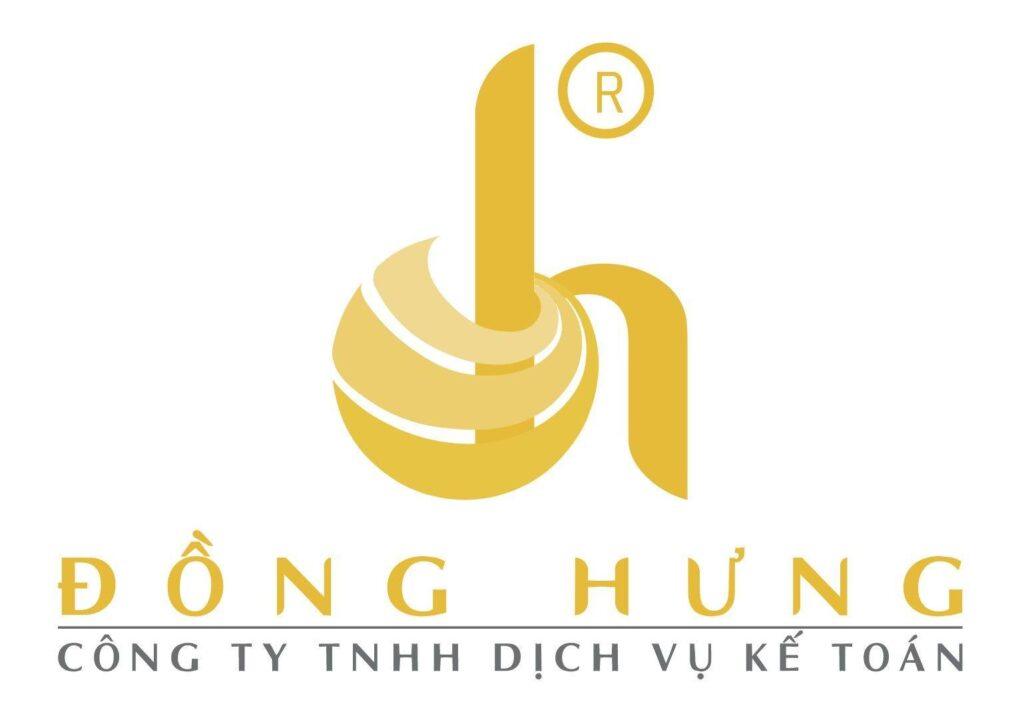Beginning its business in Vietnam in 2006, Jun Chow, a Taiwanese company that makes Oolong tea for export, reported the total loss of VND23.903 billion after four years of operation, much higher than the investment capital of VND6.3 billion.
The other 17 tea businesses in Lam Dong province have also been named by the provincial taxation body as the enterprises with huge and abnormal losses.
Taiwan Tea Company, which has the registered investment capital of VND10.42 billion, had reported the loss of VND17.7 billion by 2009. Kinh Lo Tea Company, which has the initial capital of VND26.9 billion, incurred the loss of VND56.8 billion after four years of operation, King Wan Chen with VND29 billion in investment capital incurred the loss of VND38.3 billion.
Reasoning the loss, the Taiwanese tea enterprises in Lam Dong only paid VND272 million in the corporate income tax for five years. Meanwhile, the state owned tea processing enterprises in the locality paid VND13.2 billion in tax and private enterprises paid VND21 billion.
Under the current regulations, exports enjoy the preferential VAT rate of zero percent and tax refund.
Domestic state owned and private enterprises got VND5 billion in tax refund. Meanwhile, Taiwanese enterprises got VND21.6 billion in tax refund. Meanwhile, domestic state owned and private enterprises got VND5 billion in tax refund. They also enjoyed a lot of investment incentives, including the land tax exemption.
Taxation officials said in principle, the businesses which incur such huge losses will not be able to exist. Meanwhile, the enterprises still can live well.
Where did the enterprises find capital to maintain their operation? The answer from the enterprises is that they get the financial support from the parent companies.
The Taiwan Tea Company, for example, incurred the loss of VND17 billion, but it could borrow VND28 billion from the holding company. The Kinh Lo Tea Company also borrowed VND27 billion to offset the VND26 billion loss, while King Wan Chen borrowed VND12 billion.
In 2011, the Dak Nong provincial tax body found the surprising business result of Pagoda Company Ltd, a 100 percent Malaysian invested enterprise. It processed groundnuts for export to the holding company in Malaysia – Thong Thye Groundnut Factory Sdn.Bhd.
In 2006, Pagoda came to Vietnam with the investment capital of VND2.3 billion. Five years later, it reported the accumulated loss of VND44.52 billion, which was 18 times higher than the initial investment capital.
However, inspectors have found out that the companies did not incur loss as they reported.
The Taiwanese tea companies, in fact, made profit right in the first year of doing business in Vietnam, in 2005-2006. After the inspection, the enterprises admitted that they did not take the loss of VND311.685 billion as reported, but made a profit of VND1.033 trillion.
The enterprises “fabricated” the figures about the input material import price, export price and relating expenses to make the reported production costs higher than the real costs.
With the reported high production costs and low selling prices, the enterprises reported loss and evaded tax. Meanwhile, the holding companies in Taiwan pocket fat profits.
Pham Huyen

Tin liên quan
Làm sao để hàng hóa bị hư hỏng được tính vào chi phí được trừ khi xác định thu nhập chịu thuế?
Mới đọc qua tiêu đề bài viết nhiều người đang công tác trong lĩnh vực kế toán, thuế có dành thời gian tìm hiểu về các chính sách, văn bản pháp luật nói chung hoặc có nghe các bạn làm kế toán tư vấn sẽ ngay lập tức cho rằng...
Xuất sai 1.000 hóa đơn phạt 1.000 hành vi hay chỉ phạt 01 hành vi và thêm tình tiết tăng nặng
Một bạn là hội viên Chi hội Kế toán Hiểu đúng – Làm đúng đã gửi cho Ban tư vấn câu hỏi Em mong Ban tư vấn hỗ trợ giải đáp và làm rõ giúp em nội dung liên quan đến việc xử phạt đối với hành vi xuất hóa...
Nguyên tắc áp dụng pháp luật và cách vận dụng văn bản phù hợp cho các chủ thể chịu sự điều chỉnh của văn bản quy phạm pháp luật
Nghiên cứu pháp luật ở một số nước, đặc biệt là pháp luật ở những nước theo hệ thống dân luật (Civil law – truyền thống pháp điển hóa) mà Việt Nam chúng ta cũng đang áp dụng đều có một điểm chung là quy định nguyên tắc “ưu tiên...
DOANH NGHIỆP THƯƠNG MẠI BÁN GẠO CHO NHÀ HÀNG, THUẾ SUẤT THUẾ GTGT BAO NHIÊU %?
Câu hỏi này mới đọc, chắc hầu hết người làm Kế toán, thuế thậm chí chỉ biết chút ít về kế toán như kinh doanh, mua bán cũng có thể trả lời được ngay. Nhưng nếu quay về đúng với bản chất, đạo lý của thuế GTGT cũng như các...
Thanh toán khi nhà cung cấp giải thể thực hiện như thế nào?
YÊU CẦU TƯ VẤN Câu hỏi: Em có câu hỏi muốn trình bày như sau: Công ty em mua hàng hóa của nhà cung cấp A. Hiện bên em vẫn còn công nợ với Nhà cung cấp A. Bây giờ bên nhà cung cấp họ yêu cầu bên e thanh...